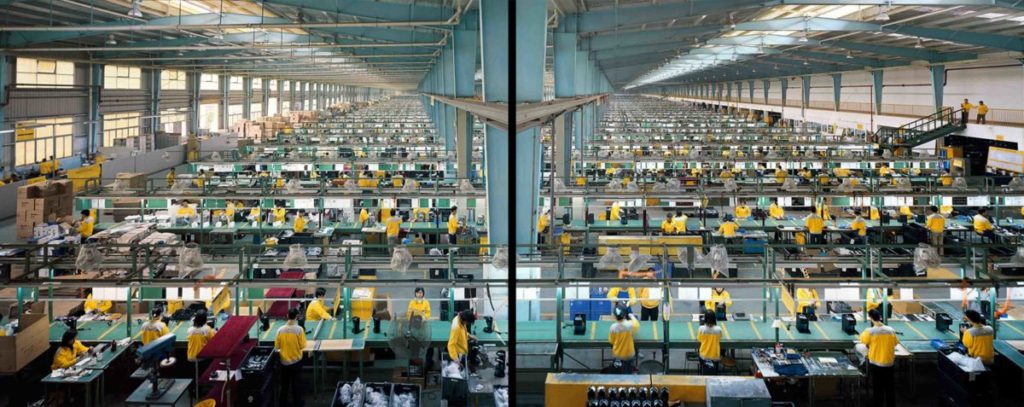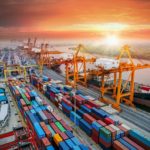Like all industries, logistics and the global supply chain is routinely beset by new challenges and the need to adapt to changing attitudes. And while the ongoing pandemic is of course the most obvious of these recent hurdles, there is actually a more hidden, ongoing disruptor that the industry needs to address sooner rather than later: sustainability.
For a long time, sustainability has been seen as ‘nice to have’ within the industry, an afterthought at best. However as global attitudes towards eco-friendly initiatives and climate change begin to shift, it may be time the industry begins to seriously consider its impact on the environment and how we can best start making strides towards a more sustainable supply chain.
However, a sustainable supply chain is about far more than the environment, though that’s where consumers might focus their attention. Sustainability is a confluence of social, ecological, and economic environments. A sustainable supply chain must avoid compromising both the environment and the business itself.
There’s no quick and easy path to sustainability, but the right supply chain solutions can help your business strive toward, and eventually achieve, a bottom line defined by not just profit but also by people and the planet.

How can we pave the road towards a more sustainable supply chain?
Digital Transformation. Big data and advanced analytics such as artificial intelligence promise levels of real time, transparency leading to deep insights that can transform supply chain processes and relationships. Securing and sharing the flow of information appropriately within and between customers, suppliers and intermediaries will be critical for creating trustworthy digital supply chains. Supply chains that are both efficient and responsive to consumer demand, and that can strike the right balance among people, planet, and profit.
Accountability for Sustainability. In the absence of internationally agreed upon standards to value the externalities of economic activity, such as a price on carbon, how do we make trade-offs that balance the interests of people, planet, and profit? Industry and government will need to elevate dialogue around acceptable levels of regulation and compliance.
Managing Risk. Reliable and resilient organizations defer to the knowledge of experts who know the risks and the science of mitigating risky situations. Managers who own risks and collaborate effectively with salient stakeholders minimize the impact of disruptions and, in recovery, build back better. On the table for discussion is the riskiness of supply chain strategies such as dual sourcing, local versus international procurement and buffering and bridging investments in organizational assets.
Talent Acquisition and Retention. There is a supply chain management talent shortage. The requisite skills needed must address the changing landscape already mentioned. Like many sustainability problems in supply chains, it is not only the amount of talent but the distribution of that talent across the economy that is at issue. How do we best partner with industry to develop inclusive supply chain curriculum to educate the next generation of supply chain leaders? How can organizations better prepare to recruit and promote talent who will be held accountable for achieving sustainable supply chains?
sources:
https://hbr.org/2020/03/a-more-sustainable-supply-chain
https://turvo.com/white-papers/the-road-to-sustainable-supply-chains/



